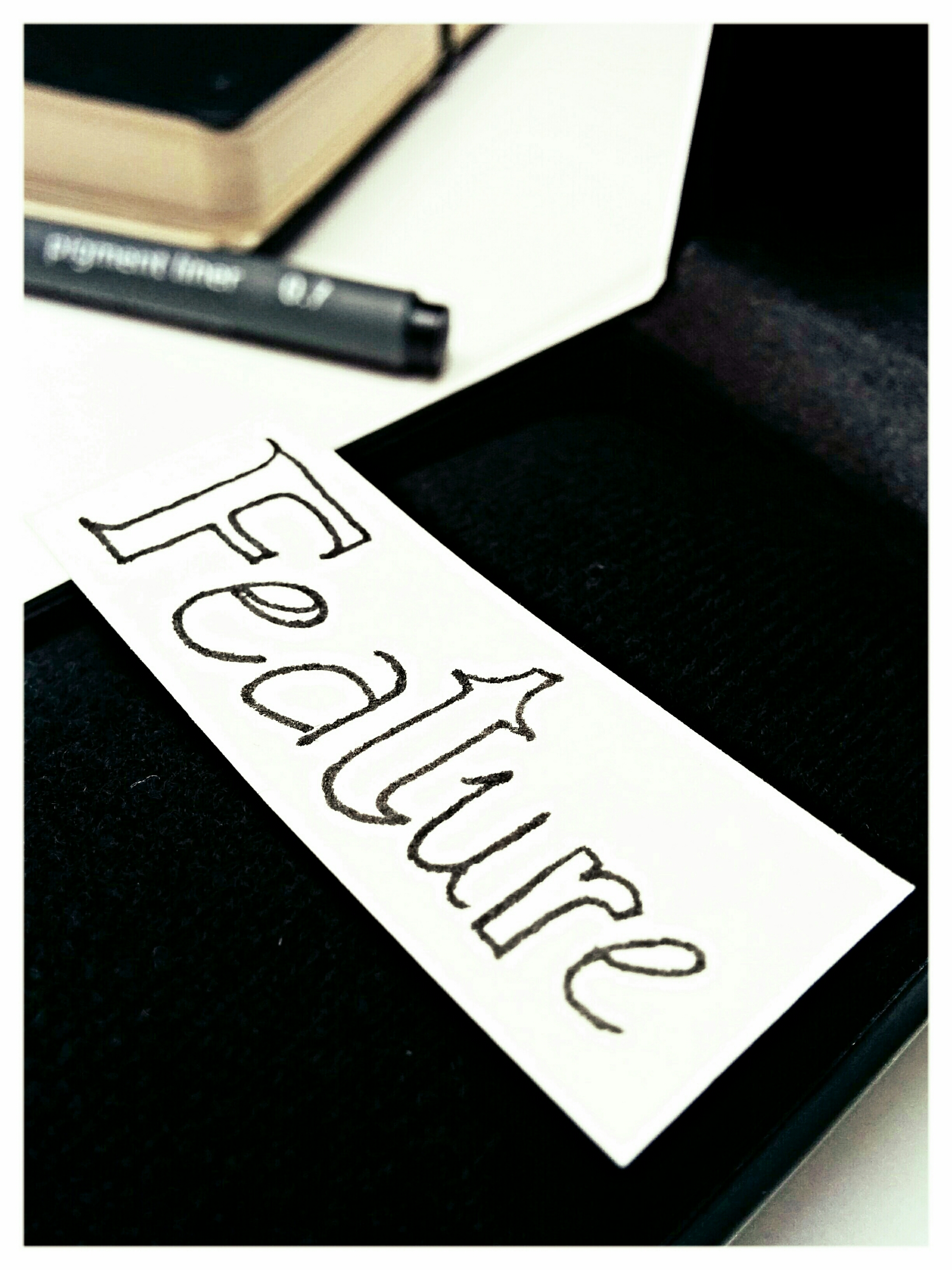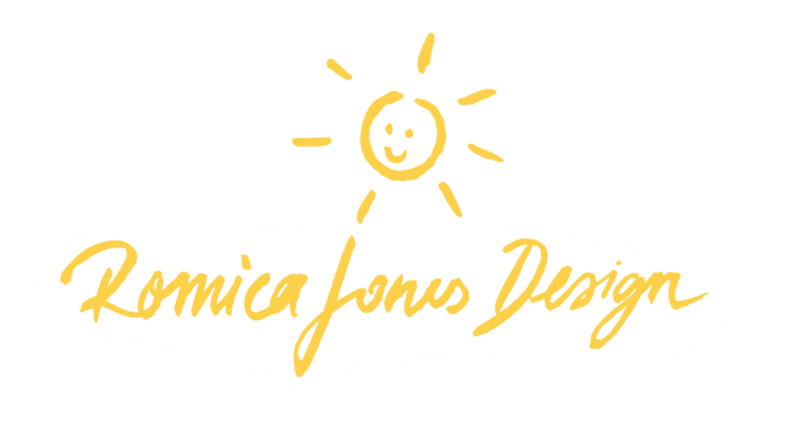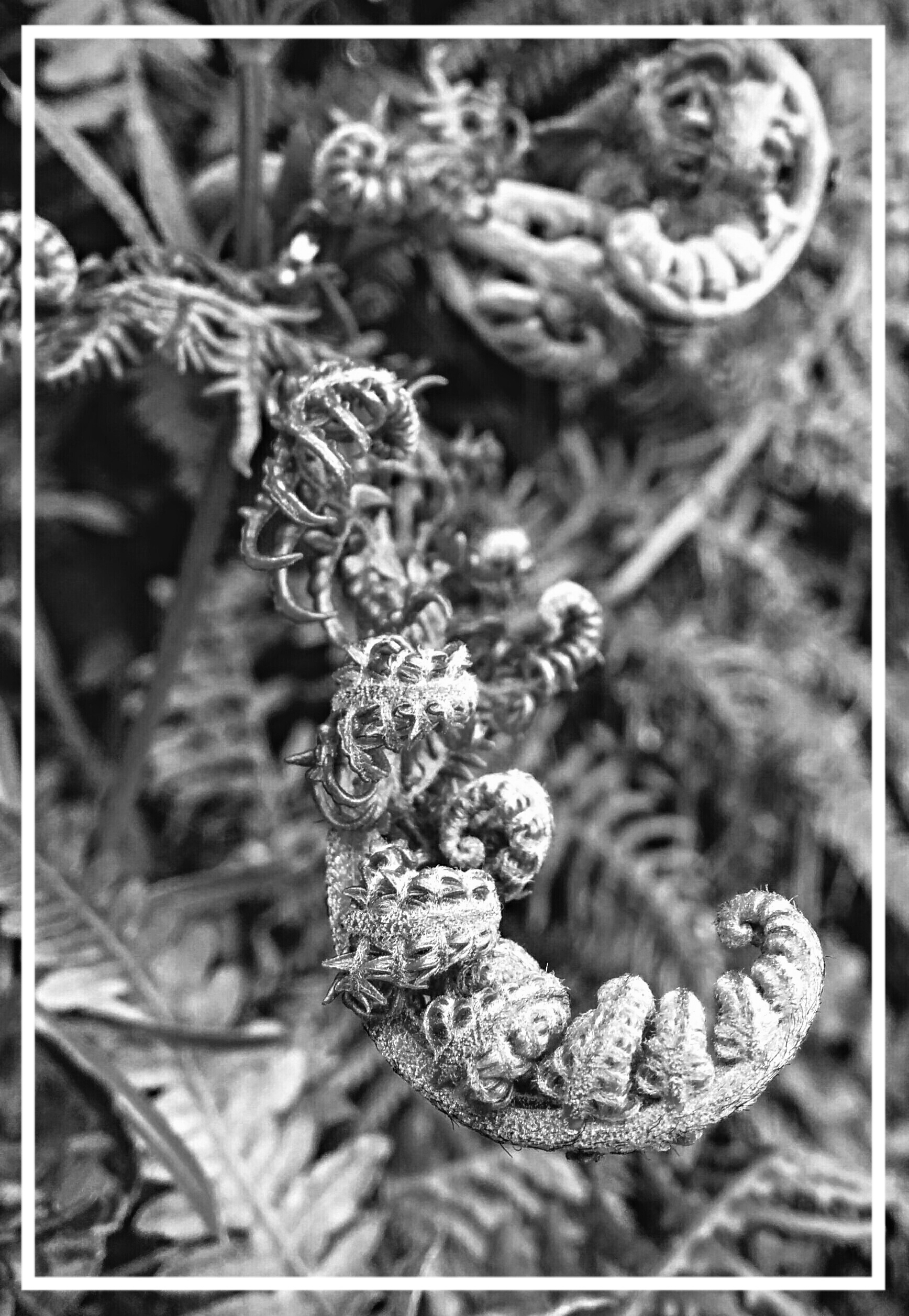 This post is about my personal experience with fear of feedback. Furthermore I'll mention points about receiving and using feedback that I found to be very important to succeed at my first application.
This post is about my personal experience with fear of feedback. Furthermore I'll mention points about receiving and using feedback that I found to be very important to succeed at my first application.
Winter 2013 - I took all my courage and hopes and decided to try and apply to a Graphic Design college in Vienna. I asked two friends of mine, who already have been studying there, for some advice.
It turned out that this was one of the most valuable pieces of advice I have had concerning how to get and use feedback and that helped me all throughout my other (successful and unsuccessful) applications.
1. Establish a personal connection
They suggested to e-mail a professor to ask for a portfolio review, which was already promoted on the school's website but I haven't seen yet. I was encouraged to receive whatever he/she will tell me but the most important point is, to not get discouraged and ...
ASK, ask many questions,
be stubborn,
ASK what can be improved,
ASK what they see as my weaknesses,
what they see as my strengths.
ASK what they are looking for.
And that's what I did.
The portfolio review and my first rejection-resurrection
The day had come. I received an invitation for a max. 10 min review. Nervously I unpacked my tiny A4 plastic flower portfolio, already regretting that I have come, while the professor was chatting away with two others. By their looks at the plastic folder I felt I already received a rejection but I tried not to show my embarrassment.
A few pages were flipped, it was very quiet. Then he looked at me and said: "With this, you have no chance". I was devastated, speechless. It was my best work at that time, everything that have taught myself over the years, all the hard work. I never liked showing my artwork to people, who "know their stuff", because I feared their judgement of something that is so personal to me. There I stood, tears creeping to my eyes. He already wanted to send me out, when I remembered my friend's advice.
2. Ask, ask many questions - ask for detailed feedback
I knew this was my chance and I had to take it. I wanted to walk this path too badly to just get destroyed by this comment. I took all my remaining courage and started to ask.
What is it that you like in my portfolio?
What is missing?
What do you see as my strengths?
Where can I improve?
3. Be passionate and show it
Suddenly the atmosphere in the room changed. I felt stronger and more passionate. I really wanted to make it into this course - and then, he could feel it too. This made the difference.
Suddenly he said, that I do have potential, that my feeling for colours is good but that I'm lacking composition and drawings from life. As these are some of the major points they want to see in their students work and see as essential, I wouldn't be able to compete against the other few hundred applicants with previous art education.
... So, do you mean I have a chance?
Wow, I was jumping around overjoyed (in my imagination) and the tears were long gone. I knew why he got such a bad image about my compositional skills. I hadn't given him any evidence, like my photography, were I do really pay attention to composition. Also I have never done any drawings from life, never had to, never really wanted to until that time. Part of the application process is a 5h long drawing and design skill test. One of the most important parts is a drawing of some sort of object e.g. a cup. I would have never been able to achieve a decent drawing due to my lack of knowledge of perspective.
4. Define new goals that you want to work towards
There I was, I knew what to work on, I knew I wasn't hopeless and I knew I had a chance.
The next weeks and months I improved a lot where I was lacking, drew many sketches from life, learned about this thing called perspective and applied to the course.
I passed the drawing test, achieved high scores in important sections and went on to the last interview.
What did I learn from it?
By being brave and challenging his comment I could actually work on my skill set. Furthermore, I convinced him by showing my interest and passion for design, that I'm worth tutoring. He let me come 2 more times before the actual drawing test to check on my work and improvements.
Just imagine, I would have left at that moment, when I received my first honest feedback. I don't know if I would have tried again so soon. I was so sensitive about my work, that I can imagine it could have really discouraged me.
So this is what I want to share with you, who are still unsure about if they should try or not ...
Be brave. Everyone had to learn those skills. Understand what you are good in, but don't be afraid to ask for critique. Ask, ask, ask. Use the feedback to become better at what you do.
In a future post ... essential points about application interviews.
If you would like to know more about how to get feedback and improve, check out this excellent article / Click here to read Arron Barnett's post on feedback.
 I found this article from typo Berlin about a young graphic designer from Poland. He shares his 5 principles, where especially the first one really resonates with my idea about the deeper meaning & motivation behind design.
I found this article from typo Berlin about a young graphic designer from Poland. He shares his 5 principles, where especially the first one really resonates with my idea about the deeper meaning & motivation behind design.
 Today I want to share with you one of the little milestones I have reached.
Today I want to share with you one of the little milestones I have reached.


